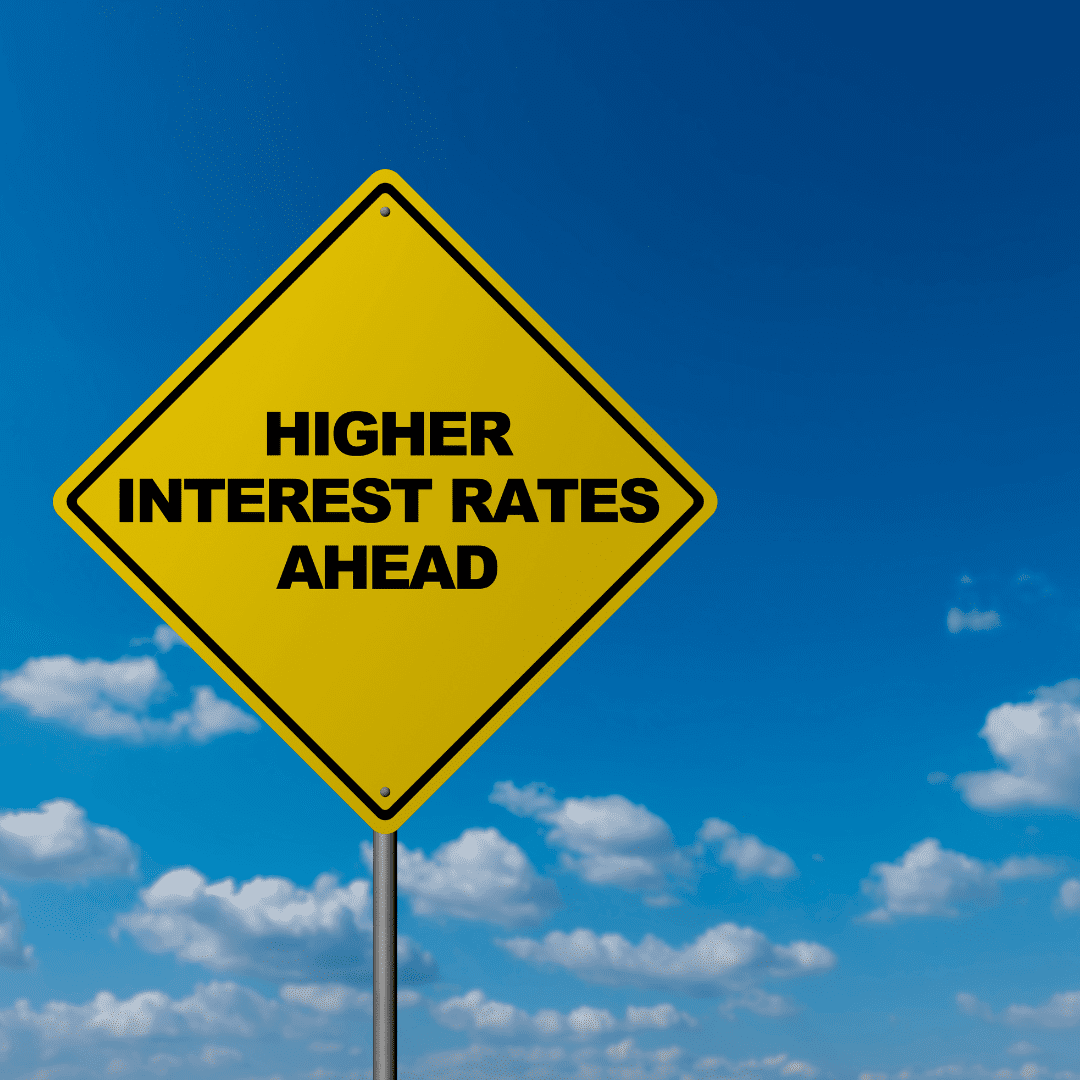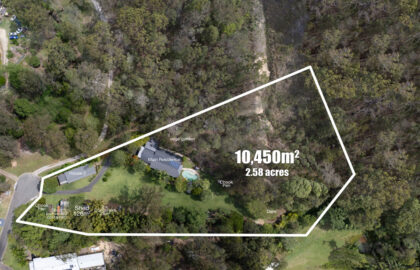
In yesterday’s announcement, the Reserve Bank of Australia (RBA) opted to maintain the cash rate at 4.1%, while indicating the possibility of a rate hike in August. The decision was driven by ongoing concerns surrounding inflation trends, labor market conditions, and uncertainties within the household sector.
The upcoming inflation results for the June quarter, set to be released later this month, will play a crucial role in determining the likelihood of future rate increases.
The current environment of elevated interest rates, coupled with the potential for an August hike, may further dampen consumer sentiment, which is already at its lowest levels since the global financial crisis (GFC). Historical data indicates a strong correlation between consumer sentiment and housing market sales.
Furthermore, the availability of credit could have a significant impact on housing activity. New owner occupier loans currently bear an average variable mortgage rate of approximately 5.9%. When factoring in a three percentage point buffer for serviceability, new borrowers face assessments based on a mortgage rate close to 9%. With the added pressures of a high cost of living, negative real income growth, and expensive debt, borrowers are finding it increasingly difficult to secure credit approval, especially with lenders becoming less willing to lend on high debt-to-income ratios, loan-to-income ratios, or smaller deposits.
Another factor influencing the RBA’s decision-making process is the resurgence in housing values. While the RBA explicitly states that it does not target asset prices, there is a concern that elevated housing prices could sustain higher inflation as homeowners feel wealthier and are more inclined to spend.
Despite interest rates remaining steady in July, there are indications of a potential moderation in the recent housing market exuberance. CoreLogic’s Home Value Index for June revealed a slight deceleration in national growth rates, dropping from 1.2% in May to 1.1% in June. This could be interpreted as the initial signs of a cooling trend in the ongoing recovery.
As more borrowers face the impact of higher interest rates, either through variable mortgage rate hikes or the expiration of fixed rates, it is anticipated that there will be a gradual increase in mortgage arrears. However, it is worth noting that current arrears levels are relatively low, with APRA data from the March quarter showing that only 0.5% of home loan borrowers were less than 90 days behind on repayments.
While it is expected that the proportion of borrowers falling behind on their repayments will rise, the forecasted unemployment rate in Australia, remaining below 5%, should help prevent a significant surge in mortgage arrears.
The extent to which the current interest rate environment, along with the potential rate hike in August, will affect the housing market, potentially leading to a double-dip downturn, remains uncertain.
Despite the prevailing high interest rates, the housing sector continues to grapple with an undersupply, which is likely to provide some support for property values. The number of homes advertised for sale in capital cities is currently tracking 26% below the average of the past five years, and dwelling approvals remain well below average levels. This limited supply, coupled with strong net overseas migration and extremely tight rental conditions, should serve as key factors mitigating the impact of higher interest rates.
As the RBA keeps the door open for potential rate hikes in the future, it becomes crucial for individuals and businesses to plan accordingly. The uncertainty surrounding future interest rate movements necessitates a proactive approach in managing financial affairs. Homeowners should assess the affordability of their mortgages, considering the possibility of higher variable rates or the expiration of fixed-rate terms. It is advisable to review household budgets and factor in potential increases in loan repayments. Similarly, businesses should evaluate their borrowing costs and explore strategies to mitigate any adverse impacts of rising interest rates. Additionally, investors and savers may need to reconsider their investment portfolios to adapt to a changing interest rate environment. Staying informed about economic indicators, monitoring RBA announcements, and seeking professional financial advice can aid in formulating sound strategies to navigate potential rate hikes effectively.
Booking a property appraisal can also help you plan for future interest rate hikes. They’re fast, free and have no obligation to sell. Book one now!








